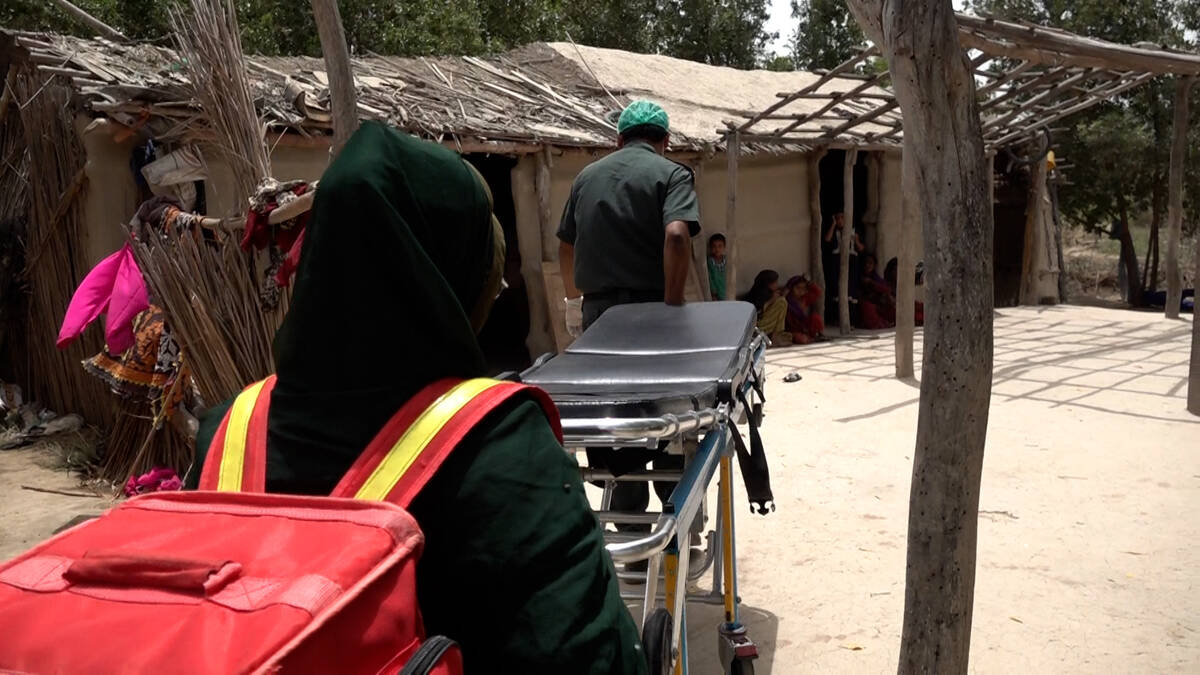QUETTA: Provincial lawmakers in the Balochistan Assembly on Thursday approved a resolution seeking an “immediate” ban on former prime minister Imran Khan’s Pakistan Tehreek-e-Insaf (PTI) party following its violent clashes with law enforcers in the capital this week.
Pakistan’s government said three Rangers personnel and a police officer were killed during clashes between thousands of Khan supporters and law enforcers this week when the PTI led a “long march” to the capital to demand Khan’s release, among other things.
The protesters were dispersed after a late-night raid on Wednesday, after which the PTI said at least 20 of its supporters had been killed after being shot by law enforcers. The government denies this while police says it has arrested over 1,151 protesters.
Lawmakers of the PTI’s political rivals Pakistan Muslim League-Nawaz (PML-N) and the Pakistan Peoples Party (PPP) tabled a joint resolution, calling on the federal government to ban Khan’s party. These lawmakers included Meer Saleem Khosa, Muhammad Sadiq Umrani, Asim Kurd Gelo, Raheela Hameed Durrani, Bakht Muhammad Kakar, Hajji Wali Noorzai and Barkat Ali Rind.
“This august house of the Balochistan Assembly calls upon the federal government to impose an immediate ban on the PTI for spreading chaos in the country, and for attempting to make the armed forces of Pakistan and security forces fight with the people,” a copy of the resolution seen by Arab News said.
The resolution accused the PTI of being involved in violent activities in the country, saying it has adversely affected the country’s economy.
“Attacking the capital with provincial machinery and resources was a clear proof of the non-political agenda of a political party,” Khosa said while presenting the motion.
Opposition parties such as the National Party (NP), Jamat-e-Islami (JI) and Jamiat Ulema-e-Islam Pakistan Fazl (JUI-F) opposed the resolution and its lawmakers walked out in protest during the session.
Alam Kakar, a leader of the PTI’s Balochistan chapter, rejected the resolution.
“Let them (center) enjoy this decision but Pakistan Tehreek-e-Insaf is Imran Khan’s party and whatever name Khan would give to this party, the Pakistani nation would stand by him,” Kakar told Arab News.
“The provincial government should focus on maintaining the law and order situation in Balochistan rather than bringing such an absurd resolution,” he added.
Younus Aziz Zehri, an opposition leader in the Balochistan Assembly, told Arab News that the opposition parties strongly opposed the resolution.
“If today we ban the PTI, tomorrow it could be us or the PML-N or the PPP any political party in power would ban its opponents,” he said.
“We strongly condemn the killings of civilians and security personnel during the violence by the state and protesters in Islamabad, but that doesn’t justify that you should ban that political party led the protests in Islamabad,” Zehri added.
Pakistan’s government has said that the protests caused economic losses worth $684 million per day, describing them as deliberate attempts by the PTI to harm the country’s economy.


















